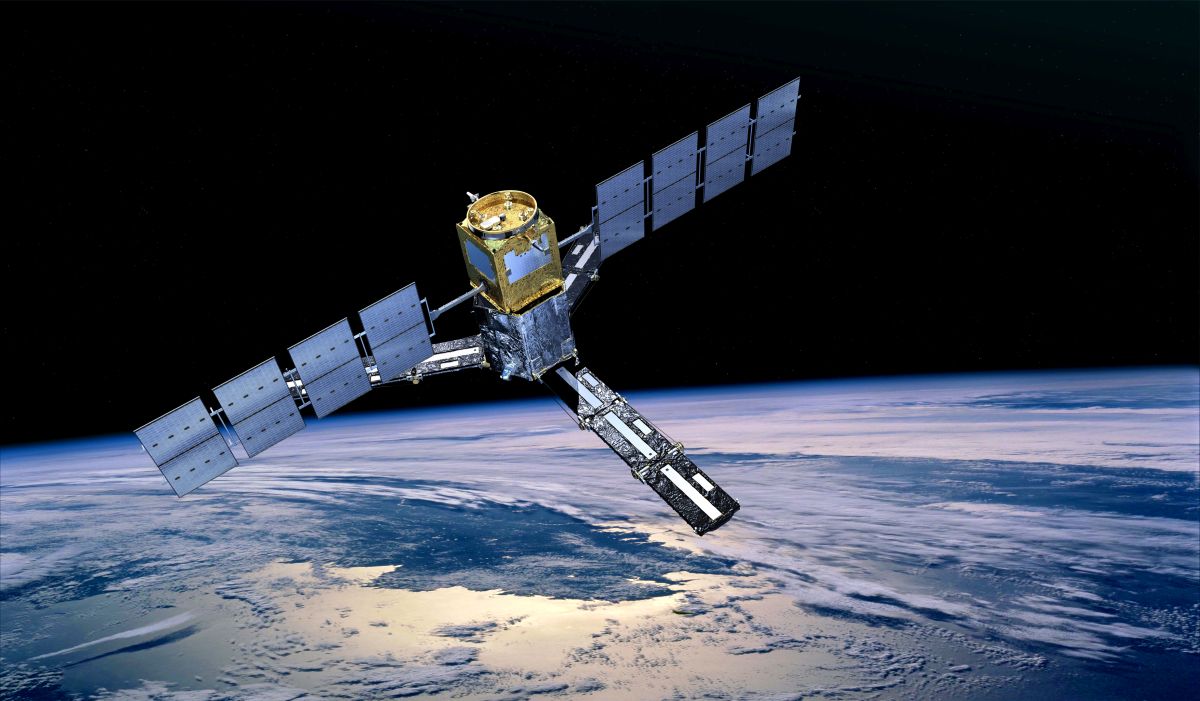
The EU Farming Commissioner Phil Hogan has expressed confidence that increased use of satellite technology can help member states to significantly increase the efficiency of on-the-spot checks necessary for CAP payments.
Mr Hogan met senior officials and scientists from the the European Commission's Joint Research Centre (JRC).
Besides discussing insights from the JRC related to climate change, soils, water and biodiversity, he was also shown a range of technological advances which can benefit the agri-food sector and, particularly, to contribute to the competitiveness of European food production.
Mr Hogan described the JRC facility as having been firmly established "as one of Europe's leading research campuses."
Commissioner Hogan said: "I had the opportunity to see the tremendous work being done by the JRC in terms of developing satellite technology and in using the provided data in the most efficient way.
"I am certain that there is great potential for further developments in both the technology and, equally importantly, the access to that technology.
"We already have satellite technology and the benefits are obvious. Greater use of it will reduce the dependence on labour and time-intensive on-the-spot checks.
"The effect of the increased use of satellite technology is that, besides better farm efficiency, there is potential for a significant reduction of on-farm inspections, which will benefit farmers as well as regional and national authorities.
"The greater investment in and use of this technology is a win-win situation for all stakeholders and, based on what I saw at the JRC facility, I believe that we can make significant progress in the next three years.
"I am committed to ensuring that my services work closely with colleagues in the JRC for the benefit of all involved in this sector, which is of critical importance for economic growth in Europe."
Tibor Navracsics, Commissioner for Education, Culture, Youth and Sport, responsible for the Joint Research Centre, said: "This is an excellent example of how the JRC can help us improve policy-making – for the benefit of citizens and businesses.
"State-of-the-art scientific support to the agri-food sector enables us to spend taxpayers’ money more efficiently and smartly.
"At the same time, it allows us to reduce administrative requirements for farmers and public authorities in Member States, boosting competitiveness.
"These benefits stand to increase as the JRC continues to develop satellite technology over the coming years, and I am pleased to support this important work that will bolster a vital sector of our economy while showing citizens the positive impact EU spending has in their regions."
